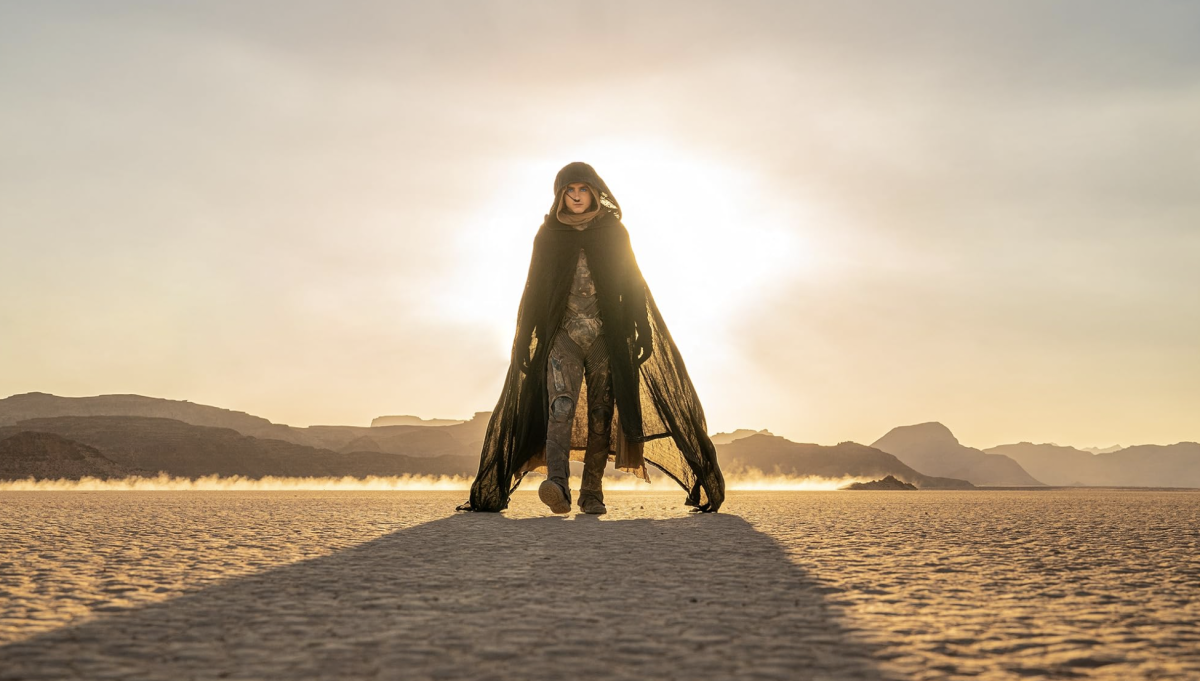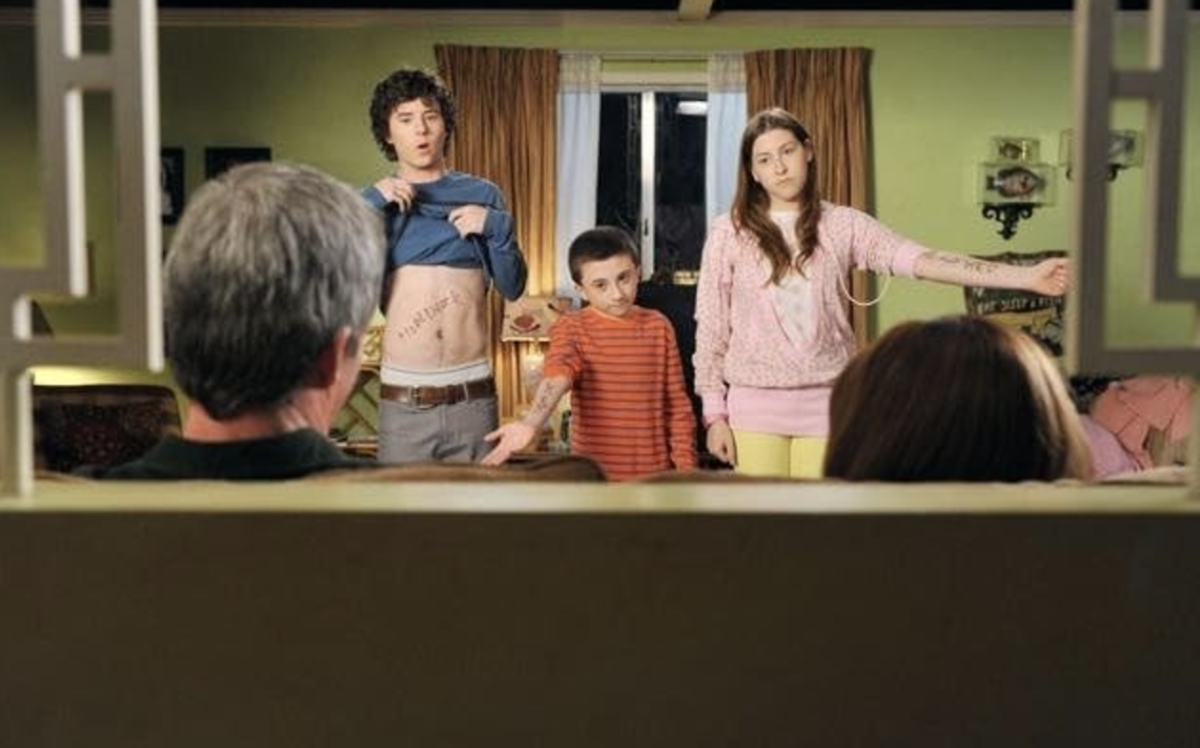
Nobody in television right now understands that audiences love a good mystery more than Matt and Ross Duffer, creators of the smash hit “Stranger Things.” Their successful homage to 80s pop culture based much of its early advertising on the mystery behind the disappearance of a young boy named Will Byers.
In its attempt to inherit some of the above-mentioned show’s success, “The OA” lags behind in the wake left by the Duffer Brothers.
The eight-episode spiritual drama, created by filmmakers Zal Batmanglij and Brit Marling, has a whole lot of ambition and guts, but never fully realizes its potential, as plot holes give way to an unfortunate demise during the final chapter. The finale can be characterized by cheap twists and the admittedly offensive, shallow use of a public tragedy as a plot device.
“The OA” opens with a cellphone video of a woman running to the edge of a bridge, looking back at the camera for only a moment before she jumps. Our main character, Prairie, wakes up in a hospital covered in bizarre scars, unwilling to tell anyone how she ended up on that bridge.
Seven years ago, Prairie (played by Marling herself) vanished from her town without a trace. Upon her sudden return, she has mysteriously regained her sight without explanation.
Prairie returns home to the suburbs with her parents (played by Scott Wilson and Alice Krige) and tries to cope with the story she has concealed. Struggling with her return to normalcy, she befriends a group of misfit high school boys and a lonely school teacher. Meeting in secret each night, Prairie decides to reveal her story to only these specific people.
Most of the series is spent shifting back and forth between the present and Prairie’s seven-year absence. There is enough mystery to sustain interest for a majority of the series. However, it becomes less rewarding to watch as the mystery begins to collapse atop the thinly-written characters and the insufficient subplots that barely support them.
“The OA” attempts to juggle tropes from multiple genres (sci-fi, mystery, fantasy and high school melodrama) throughout its run. As it tries to meld the mysterious allure of “Stranger Things” with “Sense8’s” ideas of spiritual connectivity, the series often fails to find a main focus. The season seems to peak at the moments that it strays the farthest from reality, and experiences many small successes deep within the experimentation of its narrative.
Batmanglij directs nearly every episode with a high level of poise and beauty, skillfully transitioning from the present to the past without causing viewers any major headaches. He and cinematographer Lol Crawley utilize cooler color palates and soft lighting features in order to create a spiritual and dreamlike atmosphere, which assist greatly in telling the series’ story.
The flimsy script is made tolerable by wonderful supporting performances from Krige, Patrick Gibson, Jason Isaacs, Phyllis Smith and Riz Ahmed. Marling, having to bear the brunt of the cheesy and pseudo-philosophical lines, delivers a beautiful performance that makes even the most unbelievable portions of the series seem plausible.
Even with plot holes and a lackluster script, there is something to be said about the final product here, which certainly has its fair share of ambition, Batmanglij and Marling at least aim to create a show that defies expectations and has well-intentioned messages about agency, traumatic experiences, and death. The series may not be well-rounded, but it does make up for some flaws in its unabashed sincerity.
On the surface, none of it makes sense. The show only works if the audience willingly allows themselves to be pulled into the story and if they ignore blatant plot holes stemming from the far-fetched premise. “The OA” is so steeped in self-seriousness that audiences will find it difficult to hold back chuckles during scenes that end up being more unintentionally humorous than anything else.
At its best, “The OA” is an ambitious sci-fi/fantasy mystery that aims to push the boundaries of narrative and expand the minds of those who look onward. The series makes you ponder some of life’s scariest and most interesting quandaries, while intriguing, and even entertaining you. In the end though, it stumbles over its own ambition and poses more questions than it seems willing to answer. Perhaps “The OA” achieves its goal regardless of these flaws. Perhaps there aren’t supposed to be any direct answers to the questions that end up being unanswered.
As far as this Netflix series goes, there are better ways to use your time, and the seven hour plus runtime may not be worth the underwhelming twists and downright distasteful finale. The good news though, is that despite all of its failures, Netflix allowed a series this magical and absurd to exist in the first place.
Daniel Monahan can be reached at [email protected].



















Angus • Jan 27, 2017 at 5:27 am
Oh Daniel, I think you may have revealed your own flaw. “Perhaps there aren’t supposed to be any direct answers to the questions that end up being unanswered.”
Hmm, I think that’s the point, Danny boy.
“On the surface, none of it makes sense.”
Ahhh Bless. Isn’t he cute?